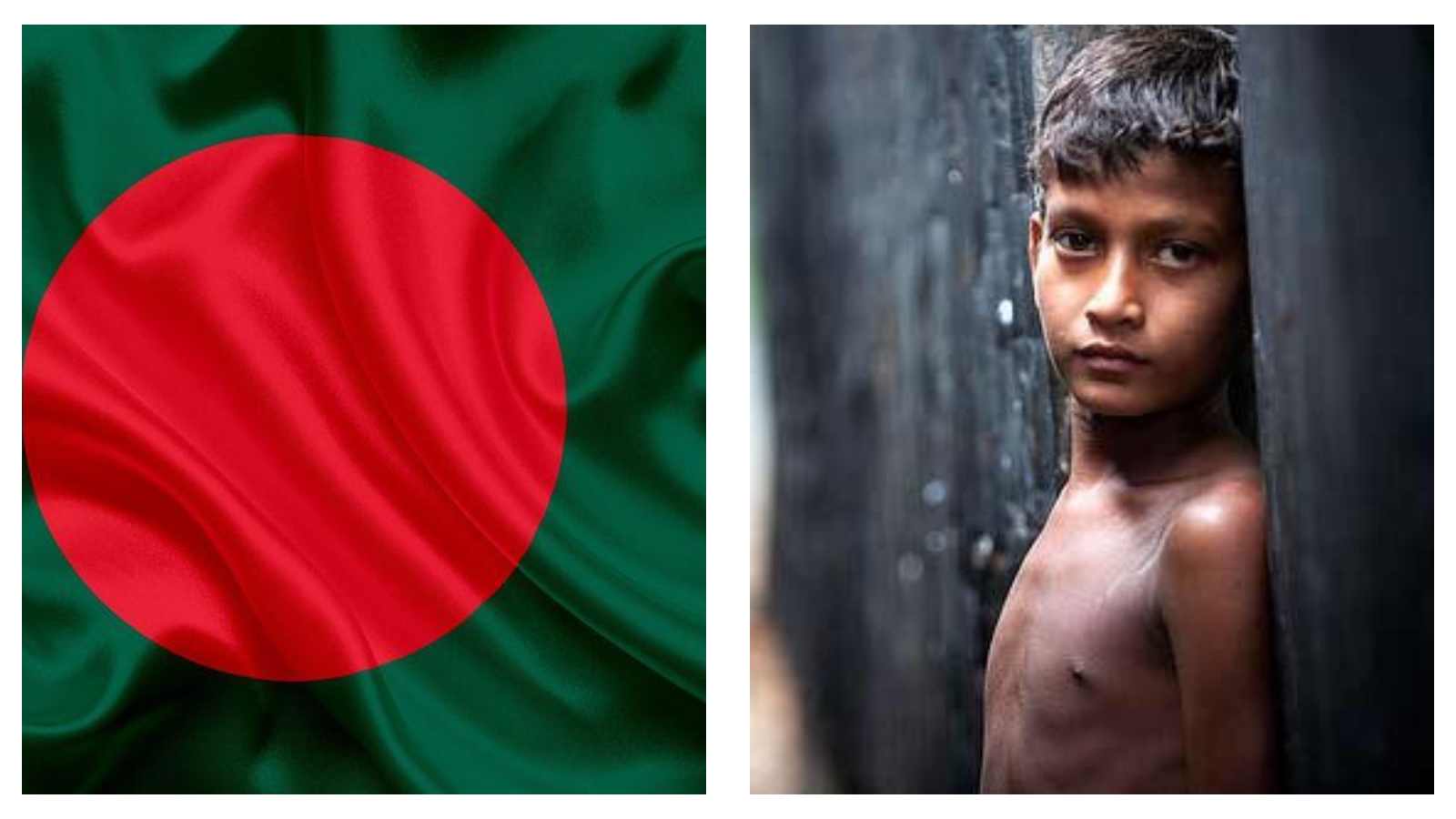By Rosemarie Zamora
Child violence is one of the world’s most awful violations of human rights, robbing children of their innocence, dignity, and future, and Bangladesh, which is home to 53.8 million children as of 2024, is not spared from it.
Child violence, ranging from physical and sexual abuse, is one of the problems that Bangladesh is facing.
Every year, thousands of children fall victim to sexual abuse, exploitation and trafficking, with most of the cases occurring within the family or by acquaintances.
What do the statistics say?
A 2023 report from the Bureau of Statistics said that nearly one in four children experiences some form of sexual abuse before the age of 18, but many fear that there are more cases as some go unreported for fear of stigma.
In a separate report from the United Nations Children’s Fund (UNICEF) this year, a distressing number of children have reportedly become victims of rape and murder in recent months.
From January 2025 to March 16, 50 cases of child rape were reported by the media and local human rights organizations. On March 10, there were seven children killed and six confirmed cases of violence.
UNICEF estimates that one in eight girls and women alive today globally experienced rape or sexual assault before the age of 18, and studies in Bangladesh confirm that perpetrators are known to their victims.
“These statistics are more than just numbers; they represent shattered lives, profound trauma for survivors, and unimaginable grief for families and communities,” said Rana Flowers, UNICEF Representative to Bangladesh.
ALSO ON NJN:
What does the government say?
The Bangladeshi government takes the issue very seriously and promises to bring to justice the perpetrators.
Home Adviser Lieutenant General Md Jahangir Alam Chowdhury said the government has announced a “zero tolerance” policy for any form of violence, especially rape against women and children.
He said there is a need to build legal and social resistance against attacks on women and children that include rape.
He also instructed law enforcement agencies to take a strict stand against all forms of violence against women and children.
UNICEF welcomed the interim government’s plan to establish separate children’s courts to ensure a child-friendly justice system that upholds the rights and well-being of children.
The establishment of children’s courts reinforces the country’s commitment to implementing the Children Act 2013.
“In too many cases, children who desperately need to be supported by the social welfare system fall into the criminal justice system.
“Having child-friendly systems is a step toward ensuring that rehabilitation is given every opportunity to work – putting the focus on a system that is designed to rehabilitate, not punish,” Flowers said.
UNICEF’s recommendation
While UNICEF acknowledges the interim government’s efforts to address the issue, the organization calls on all stakeholders to take immediate and decisive actions to strengthen and invest in child protection systems.
It urged the government to establish a specialized child protection unit within law enforcement, trained in trauma-informed investigations and victim-sensitive approaches.
It also called on the media to underscore its role in generating a safer society for children.
Overall, UNICEF put emphasis on the role of each and every person “to stand against all forms of violence” as well as for parents to ensure that boys and girls are raised to respect each other.
With the collaborative efforts of the government, the media and the public, we can make this world a safer and more secure place for our younger generations.
READ NEXT:
